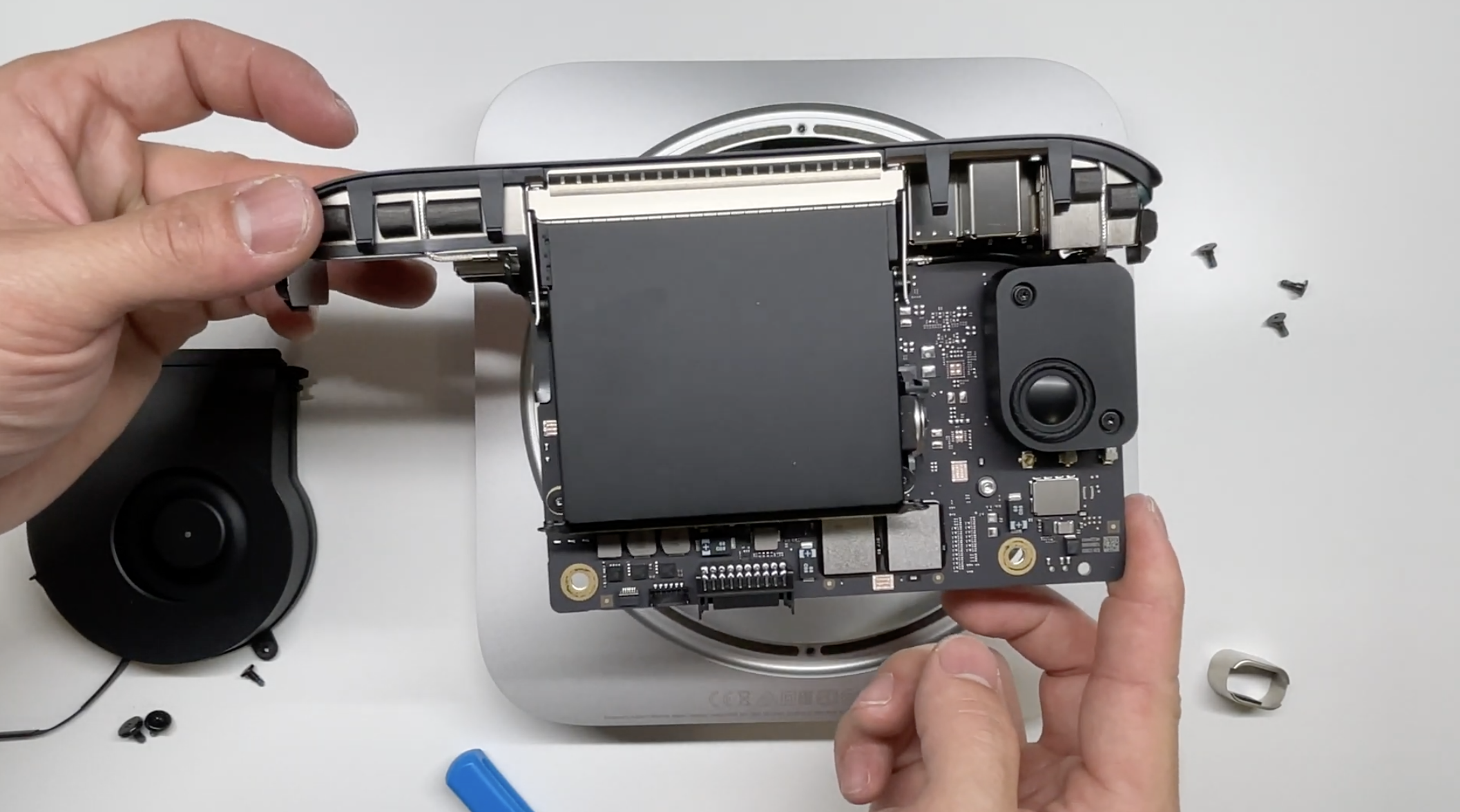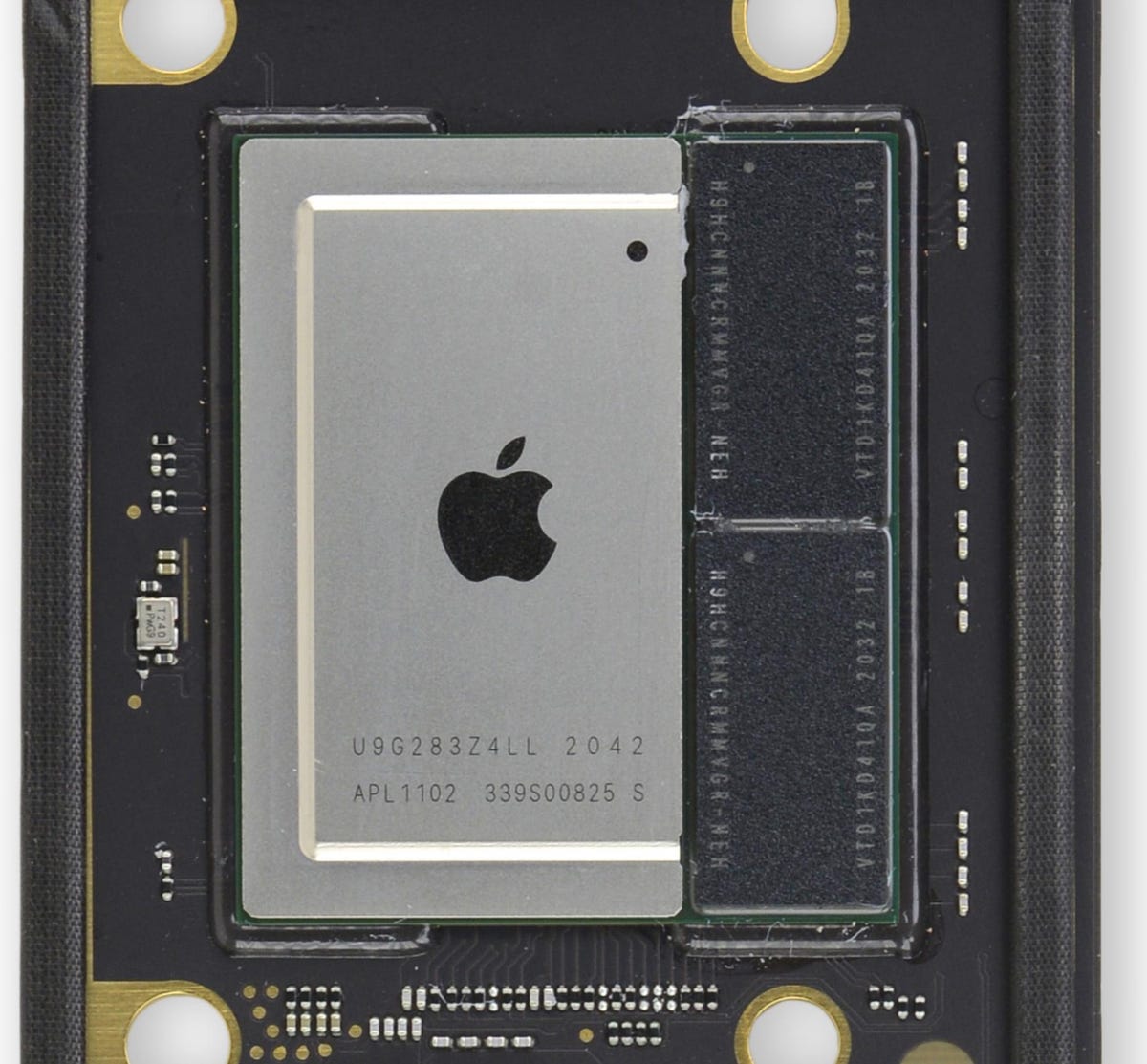
The reason for this is that they have no control what Apple does with its software, and it occasionally broke things when Apple updated their own stuff.įrom what I understand, Homebrew wants to be more "integrated" with the system, uses the libraries that Apple provides, and installs its stuff in /usr/local/bin and other standard folders. in own trees (/sw for Fink, /opt/local for MacPorts).
#Macports m1 mac install
Fink and MacPorts are package managers that want to be "orthogonal" to the system, that is, they install their own version of python, perl, libraries, compilers, etc. If it works, hooray! Add it to your ~/.zshrc (Based on your output, it looks likely to be your shell.Fink has been around since at least 2001. Try building like so: PKG_CONFIG_PATH=/opt/homebrew/opt/openssl/lib/pkgconfig cargo build My homebrew is installed in /usr/local/opt, so I've added this to my search path using the PKG_CONFIG_PATH environment variable: $ echo $PKG_CONFIG_PATH ZiCog: is keg-only, which means it was not symlinked into /opt/homebrew,Įxport it's not mentioned, the homebrew-installed pkgconfig file (which allows the build process to discover the correct flags to pass to the C compiler) is also not automatically added to your search path.
#Macports m1 mac mac
> note: run with `RUST_BACKTRACE=1` environment variable to display a backtraceĪny advice for a Mac neophyte much appreciated.
#Macports m1 mac how to
> thread 'main' panicked at 'don't know how to configure OpenSSL for aarch64-apple-darwin', /Users/zicog/.cargo/registry/src/-1ecc6299db9ec823/openssl-src-111.6.0+1.1.1d/src/lib.rs:178:18 > cargo:rerun-if-env-changed=OPENSSL_NO_VENDOR > AARCH64_APPLE_DARWIN_OPENSSL_NO_VENDOR unset > cargo:rerun-if-env-changed=AARCH64_APPLE_DARWIN_OPENSSL_NO_VENDOR > process didn't exit successfully: `/Users/zicog/conveqs/conq-sm-decoder/target/debug/build/openssl-sys-29c757dffae9a1e2/build-script-main` (exit code: 101)

> error: failed to run custom build command for `openssl-sys v0.9.60` I have no idea.īut my project build fails to build: > ✗ cargo build Which may or may not have been a good idea. > Installing openssl Activating openssl Cleaning openssl > Installing zlib Activating zlib Cleaning lib On the other hand I have also tried this: **✗** sudo /opt/local/bin/port -N install openssl +universal If you need to have first in your PATH run:įor compilers to find you may need to set: pem files is keg-only, which means it was not symlinked into /opt/homebrew, To reinstall 1.1.1i, run `brew reinstall **conq-sm-decoder** **git:(** **master** **)** **✗** brew reinstall **Downloading **Īlready downloaded: **Reinstalling** **Pouring **Caveats**Ī CA file has been bootstrapped using certificates from the system Warning: 1.1.1i is already installed and up-to-date But I can't get any of my projects that use openssl to build.Īfter much googling around I think I have MacPorts installed. Happily "Hello World" compiled out of the box. I managed to install rustup, Cargo and Rust using the same procedure I use for Debian. Only problem is I have never used a Mac and have no idea how to drive it.


#Macports m1 mac Pc
Great machine, puts my old big box PC to shame. And especially as my MS Surface Pro's battery exploded once and now the replacement only holds a charge for an hour or so. When he suggested MacBook M1 I agreed, having heard good things of the new fangled ARM based Macs.

My partner in business decided to splash some cache on new machines for us. Anyone know how to install openssl on a Mac M1 so that I can get my projects that use the openssl crate to build?


 0 kommentar(er)
0 kommentar(er)
